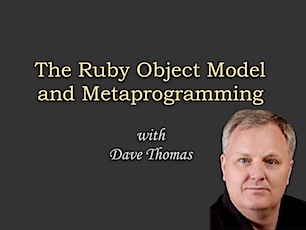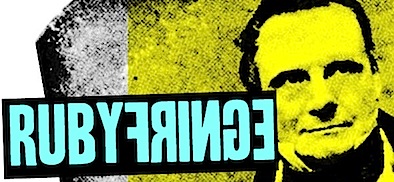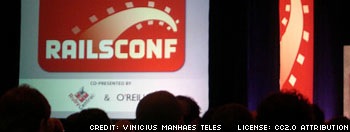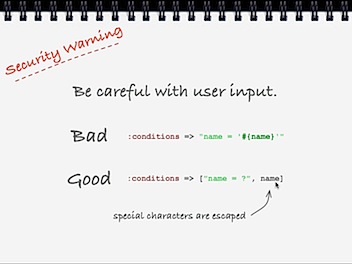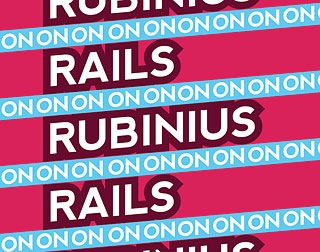
RubyNation is a new Ruby conference launching August 1 & 2, 2008. It bills itself as an annual Ruby conference serving the Virginia, West Virginia, Maryland, and Washington DC areas. It costs $175 to register and you get admission for both days, lunches, snacks, drinks and a conference t-shirt.
Of particular note is the level of speakers the organizers have managed to obtain to such a new, locally organized conference. Neal Ford, Stuart Halloway, Rich Kilmer, David Bock, Giles Bowkett, Yehuda Katz, David Keener, Russ Olsen, Bruce Tate, and Glenn Vanderburg are all confirmed speakers so far.
As an aside, and not to detract from RubyNation, why aren’t there more multi-day Ruby / Rails events that don’t have hours of scheduled sessions, like RailsCamp? Read More







